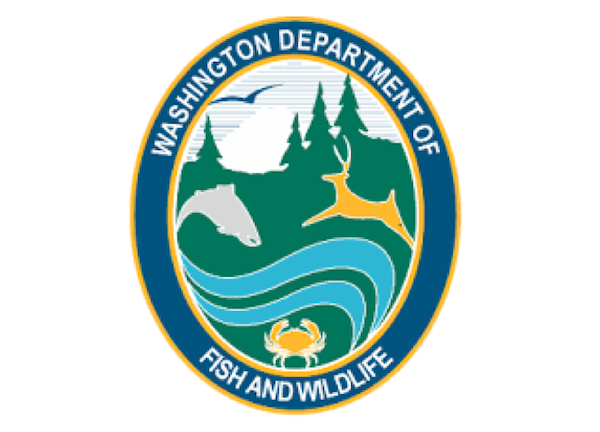Fish Report for 2-26-2021
Recreational crabbing closes in Grays Harbor, except for the Westport Boat Basin

by WA Department of Fish & Wildlife Staff
2-26-2021
Website
OLYMPIA—Recreational Dungeness crab fishing will close in Grays Harbor, except for the Westport Boat Basin, state shellfish managers announced today.
Based on recent marine toxin tests, the Washington Department of Health (DOH) has determined that Dungeness crab are unsafe for human consumption in Marine Area 1 (Ilwaco from the Columbia River to Leadbetter Point) and Marine Area 2 (south of Point Chehalis) and Marine Area 2-2 (Grays Harbor) – except for the Westport Boat Basin.
Domoic acid, a natural toxin produced by certain types of marine algae, can be harmful and even fatal if consumed in sufficient quantities. Cooking or freezing does not destroy domoic acid in shellfish.
“Marine toxins are not cutting us any slack, and despite our efforts to find windows in which we can open these popular fisheries, we are still plagued by recurring tests indicating marine toxin levels are too high,” said Dan Ayres, Washington Department of Fish and Wildlife coastal shellfish manager.
Shellfish managers working with DOH briefly opened Grays Harbor crab fishing from Wednesday until now.
The one area where crabbing in Grays Harbor remains open is inside the Westport Boat Basin, defined as the waters inside the breakwater between markers 10 and 11 and markers 1 and 2, which indicate the two entrances to the basin.
“Recent testing for domoic acid indicates the issue is with crab found outside of the boat basin,” said Ayres. “Still, to avoid any exposure to possible toxins, we ask that any crab caught in the basin be cleaned thoroughly with viscera removed before consumption – as currently recommended by the Department of Health.”
Crab fishing in areas north of Point Chehalis also remain open, and viscera should also be removed from crab in these areas per current DOH guidelines.
More information about domoic acid can be found on WDFW's domoic acid webpage.
Harvesters can find up-to-date information on seasons and shellfish safety information on the Washington Shellfish Safety Map webpage.
Levels of domoic acid have increased in coastal waters over recent months. Earlier, the department closed all Washington coastal beaches to razor clam digging due to high levels of the toxin.
It is now unlawful to set, maintain, operate or possess baited or unbaited shellfish pots, ring nets or any other method of catching crab in the closed areas.
The Washington Department of Fish and Wildlife is the primary state agency tasked with preserving, protecting and perpetuating fish and wildlife and ecosystems, while providing sustainable fishing and hunting opportunities.
More Reports
WA Department of Fish & Wildlife Reports
for Friday, February 26th, 2021Cowlitz River: WDFW urges responsible recreation as 1-day Cowlitz River smelt opening announced
WA Department of Fish & Wildlife Reports
for Thursday, February 25th, 2021: WDFW re-opens crabbing in Grays Harbor and Point Chehalis northward after sampling indicates drop in marine toxins

Website Hosting and Design provided by TECK.net